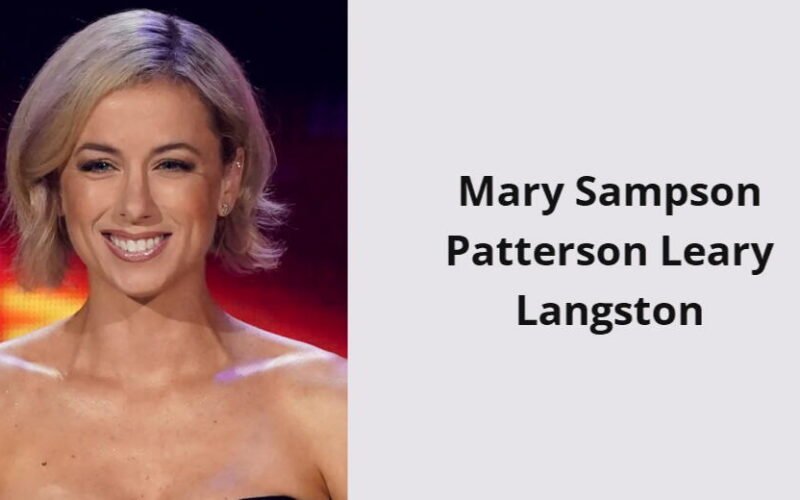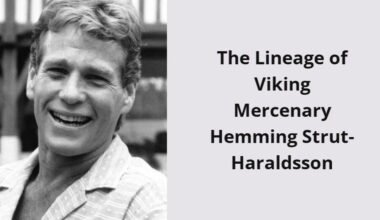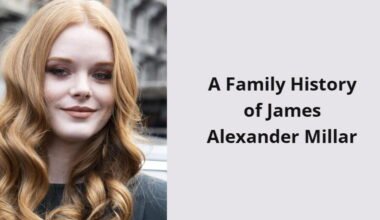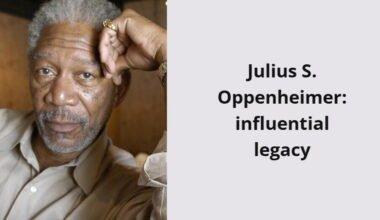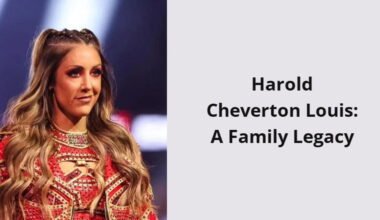The first African-American woman to attend Oberlin College, Mary Sampson Patterson Leary Langston (c. 1835 – 1915), was an outstanding American abolitionist and educator. Born free in North Carolina, she was a notable abolitionist who championed African American education and rights.
Early Life
About 1835, Mary Sampson Patterson was born in Fayetteville, North Carolina. Her family valued education, which shaped her eventual career.
| Year | Event |
|---|---|
| c. 1835 | Born in Fayetteville, North Carolina. |
| 1850s | Moved to Oberlin, Ohio, to pursue education. |
| 1859 | Married Lewis Sheridan Leary, an abolitionist. |
Marriages and Family
Abolitionist Lewis Sheridan Leary was Mary’s first husband. She married Charles Henry Langston, an influential abolitionist, after Leary’s death, expanding her influence.
| Marriage | Spouse | Year Married | Notable Events |
|---|---|---|---|
| First | Lewis Sheridan Leary | 1859 | Actively involved in abolitionist activities until his death in 1859. |
| Second | Charles Henry Langston | 1869 | Together, they advocated for education and civil rights in Kansas. |
Children and Legacy
Mary had one daughter with Lewis and two with Charles, her second husband. Her descendants, including Harlem Renaissance leader Langston Hughes, perpetuated her legacy.
| Child | Spouse | Notable Accomplishments |
|---|---|---|
| Carrie Langston Hughes | James Hughes | Married but separated, influenced Langston Hughes. |
| Nathaniel Langston | N/A | Advocate for education and civil rights. |
| Caroline Mercer Langston | N/A | Contributed to the family’s abolitionist legacy. |
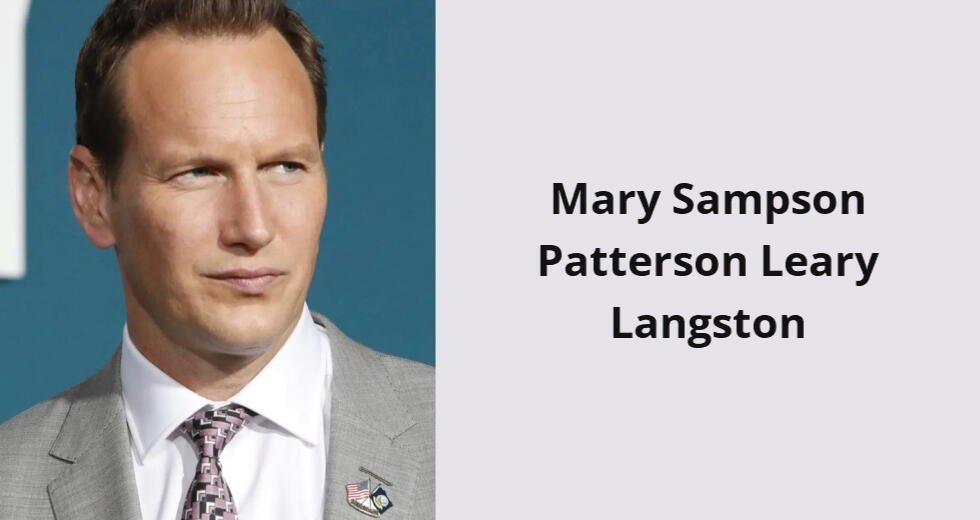
Educational Contributions
Mary Sampson Patterson Leary Langston championed African American education. She believed in education and made sure all her children went to college, with four graduating from Oberlin College.
| Contribution | Details |
|---|---|
| Advocacy for Education | Championed the cause of educational access for African Americans. |
| Influence on Children | Directed all her children towards higher education. |
| Oberlin College | Actively involved in the college community advocating for African American rights. |
Impact on Abolition Movement
Mary and her husbands were key figures in the abolition struggle. Her dedication to civil rights and social justice made her a key figure in the movement.
| Event | Role |
|---|---|
| Oberlin-Wellington Rescue (1858) | Actively participated in rescuing escaped slaves. |
| Abolitionist Groups | Engaged with notable abolitionists and organized anti-slavery campaigns. |
| Advocacy | Promoted the importance of education and activism within her community. |
Later Life and Death
Mary influenced her family and community into her latter years. After her daughter left, she taught her grandson Langston Hughes education and social justice.
| Year | Event |
|---|---|
| 1915 | Died in Lawrence, Kansas, leaving a lasting legacy. |
| Posthumous Influence | Langston Hughes often referenced her in his work, highlighting her impact on his life. |
FAQ
Mary Sampson Patterson Leary Langston—who?
Abolitionist and educator Mary Sampson Patterson Leary Langston was the first African-American woman to attend Oberlin College and made significant contributions to the movement.
What were her major contributions?
Mary supported the abolitionist cause and African American education, ensuring her children attended college and participating in social justice campaigns.
How did family affect her legacy?
Mary’s children and grandson Langston Hughes continued her education and civil rights principles, influencing American literature and activism.
What is known about her marriages?
After Lewis Sheridan Leary, an abolitionist, died, Mary married Charles Henry Langston, an African American rights activist, who impacted her advocacy.
